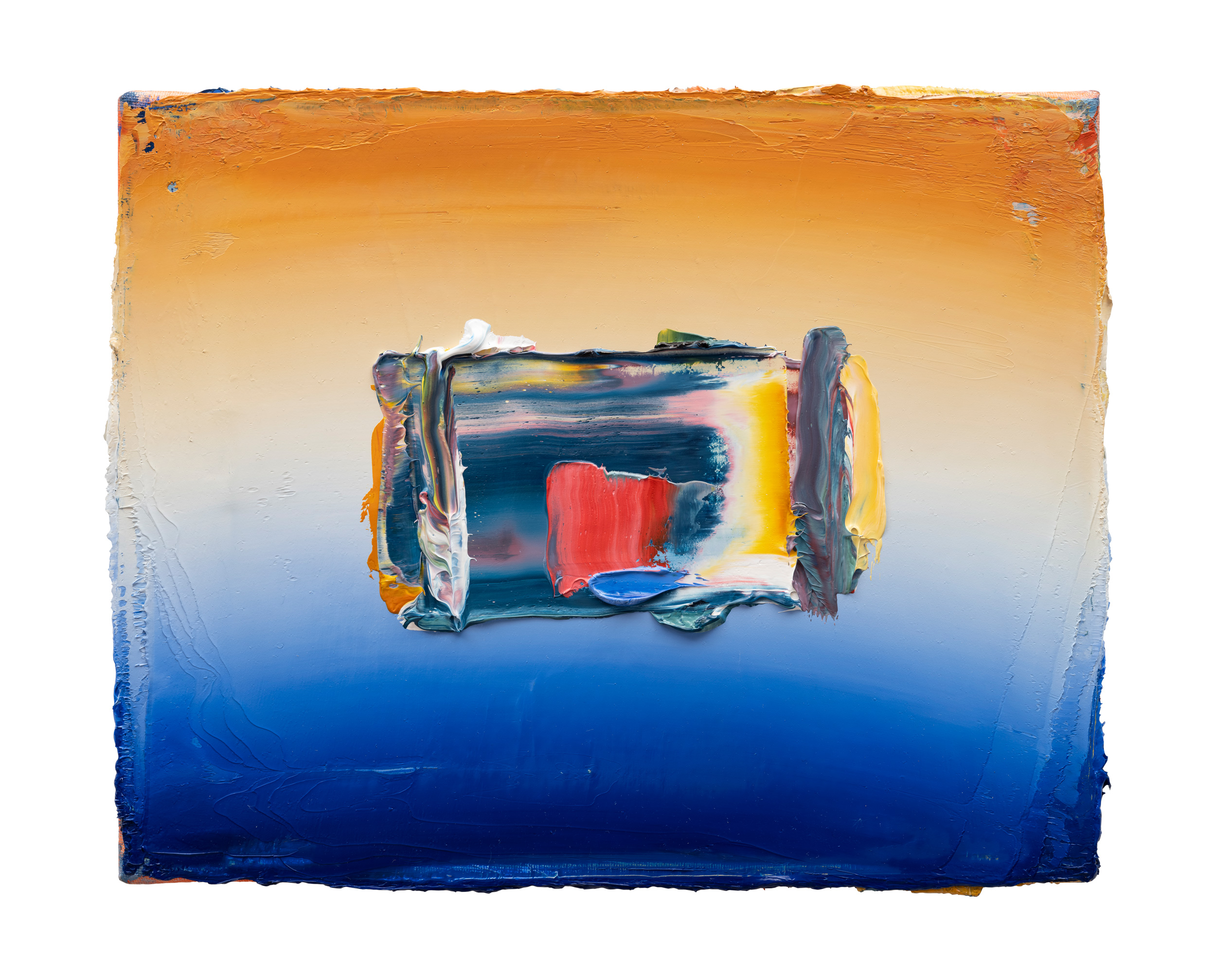
Discovering references to Stephen King in Joe Hill’s newest horror novel, King Sorrow, is a delightful revelation for readers, though it doesn’t come as a complete surprise. Hill, a notable horror author and King’s son, initially adopted a different name to preserve his anonymity. “I wanted to earn my place as a writer without relying on my famous parentage, and I really struggled with insecurity,” he shared with Mashable. “I needed to prove to myself that my work had merit beyond my family name.”
His identity was revealed after his debut book, and as time passed, he became more at ease with the association. He has acknowledged his father in various author’s notes and co-authored two tales with him for the 2019 anthology Full Throttle. In his latest work, he alludes to at least three of his father’s celebrated novels.
“In essence, we are all Stephen King’s progeny.”
“King Sorrow, more than any of my previous works, engages with Stephen King’s oeuvre,” Hill elaborated. “I have a deep admiration for my father’s writings, and I relish the chance to honor him. I’m also a considerable fan of Stephen King. Additionally, I had a realization some time ago—that I, along with every other horror writer, in some sense, are offspring of Stephen King. We’re all his children. However, I might be the only one able to incorporate some of his elements into my own work.”
We requested Hill to unpack the various Stephen King references in King Sorrow and the reasoning behind their inclusion.
The Dead Zone
Early on in the narrative, the six primary friends engage in a dialogue that directly mentions Johnny Smith and Greg Stillson, two central figures from King’s 1979 work, The Dead Zone — an interaction Hill referred to as “entertaining yet also quite functional.”
“It’s more than just a hidden gem,” Hill remarked, explaining that he aimed to depict a cross-section of America while finding a way to place each character at distinct positions along the political spectrum. A reference to Greg Stillson — a populist right-leaning figure from King’s The Dead Zone often likened to Donald Trump — served as an ideal conduit for this.
“I found that discussing John Smith’s actions in The Dead Zone provided a clever chance to clearly position each of them for the reader regarding their perspectives,” Hill noted. “And by the conclusion of that page, you’ll understand where each character is coming from.”
The Dark Tower
In the chapter of King Sorrow where the central characters first invoke the titular dragon, they partake in their own individual rituals that contribute to a larger ceremony. Arthur Oakes, the lead character during this segment, chases a phantom through the snowy landscape, and Hill’s phrasing — “The dark man fled across the snow and Arthur Oakes followed” — subtly alters one of King’s most iconic lines from The Dark Tower series.
“I believe the rhythm of the original line, ‘The man in black fled across the desert, and the gunslinger followed,’ is perhaps the premier opening line of any genre story,” Hill stated. “There’s something musical there. There’s a certain rhythm. I wouldn’t be surprised if it turned out to be iambic pentameter. […] So I thought, oh, I appreciate the melody of that. I’m going to utilize that here. I’ll borrow that rhythm.”
Pet Sematary
Hill further mentioned that in a later part of King Sorrow, during a scene where two main characters are guided into a troll’s lair, there’s a nod to King’s 1983 novel Pet Sematary that may escape some readers — a phrase that reflects something Jud Crandall tells Louis Creed as he brings him to the notorious cemetery.
“When Stuart Finger, the troll, escorts Colin and Arthur into Arthur’s cavern, he utters something quite akin,” Hill said.
Ultimately, Hill perceives all these references not as mere Easter eggs, but as an ongoing dialogue between narratives.
“One of the remarkable aspects of literature is how stories can interact with one another,” he expressed. “A significant power of storytelling lies in its ability to converse with other narratives. I feel like everything I’ve ever created has, in one way or another, continued a discussion I had with another author while reading their work.”
King Sorrow is currently available in bookstores and online retailers.